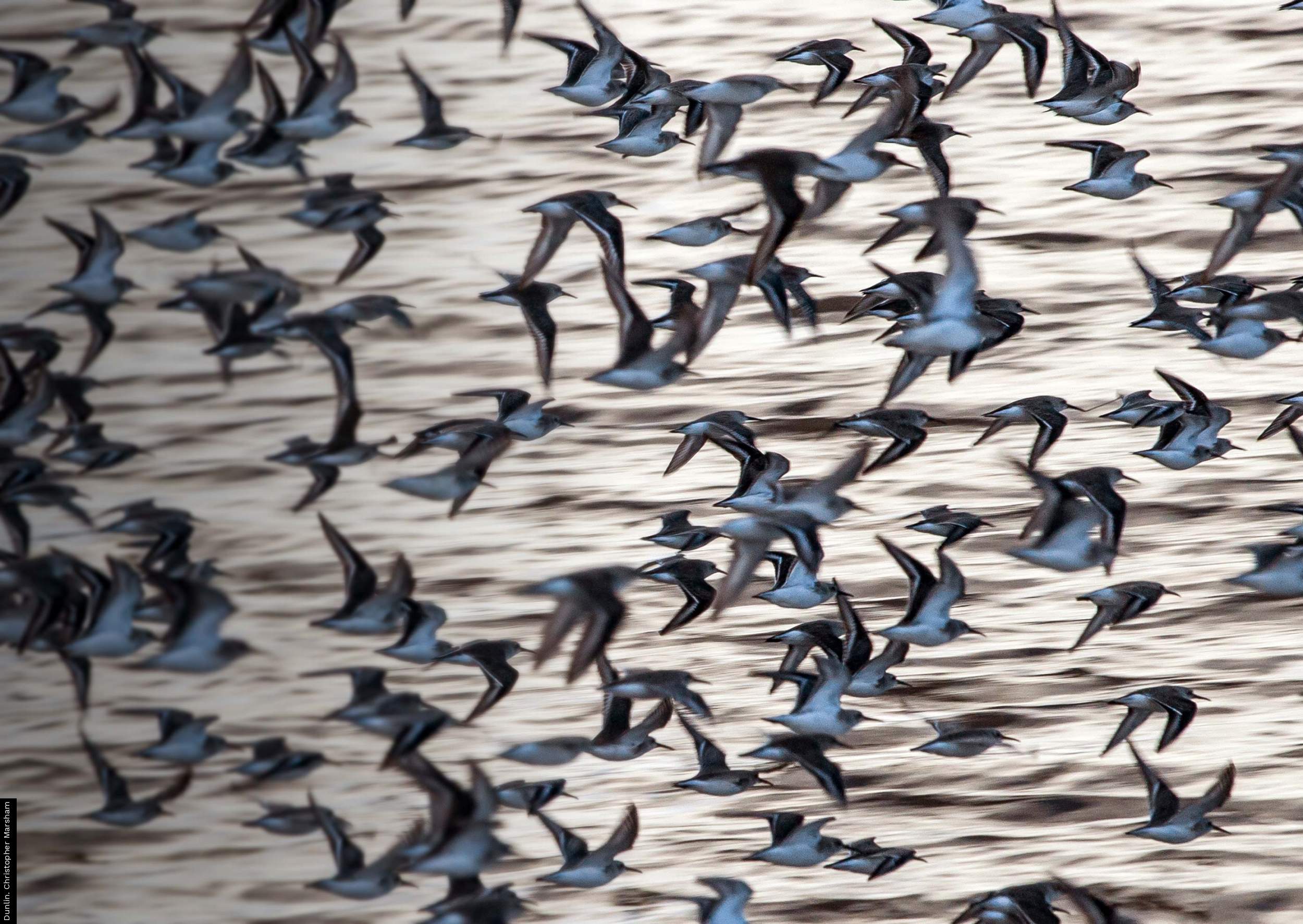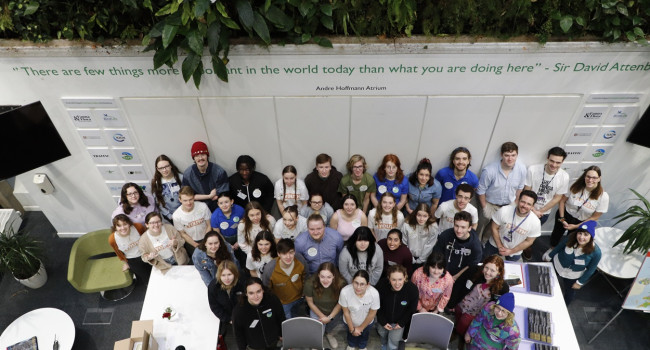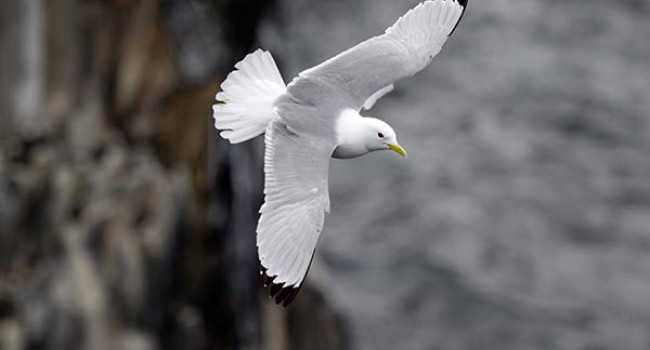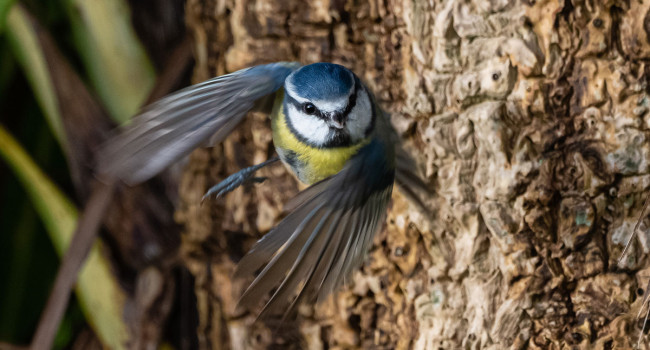Volunteers needed to count winter gulls
05 Dec 2023 | No. 2023-29
FOR IMMEDIATE USE
The British Trust for Ornithology (BTO) has put today out a call for volunteers, able to identify our common wintering gull species, as part of an important project to understand and conserve these birds, which are of conservation concern because of their declining breeding populations.
In winter, gulls flock together to roost communally on lakes, reservoirs and estuaries across the UK, in groups that can number many hundreds or even thousands of individuals. Understanding where these roosts occur, and the numbers of birds using them, is key to helping us to protect these birds.
The Winter Gull Survey is a long-running monitoring programme, which has taken place approximately every 10 years since 1953. However, there has been a gap of nearly 20 years since the last survey so a new survey is much-needed. The project’s overarching aim is to provide robust information on the numbers and distributions of wintering gulls, many of which are of conservation concern and appear on either the Birds of Conservation Concern Red or Amber List.
The Winter Gull Survey (WinGS) will run over the winters of 2023/24 and 2024/25 and volunteers are needed to cover survey sites in the UK, the Channel Islands and the Isle of Man. The volunteers will visit roost sites used by wintering gulls, counting all gull species but with particular focus on six key species: Black-headed Gull, Common Gull, Lesser Black-backed Gull, Herring Gull, Mediterranean Gull and Great Black-backed Gull.
BTO is seeking volunteer birdwatchers who are confident that they can:
- count large numbers of birds accurately – roosts can number thousands of individuals and birds gather in late afternoon as the light fades.
- identify the six most abundant UK gull species: Black-headed Gull, Common Gull, Lesser Black-backed Gull, Herring Gull, Mediterranean Gull and Great Black-backed Gull.
Potential volunteers can find out more about the survey, the availability of survey sites near them, and how to sign up by visiting the project webpage https://www.bto.org/wings
Emma Caulfield, the Survey Organiser for WinGS, said "Information collected in this winter’s survey will start to fill the gaps in our knowledge which have developed since the last survey 20 years ago. This is particularly important given that gulls have been impacted by the ongoing outbreak of highly pathogenic avian influenza (HPAI), and we are still seeking to understand the full implications of this."
Dawn Balmer, BTO Head of Surveys, said "Many of our gull species are experiencing significant declines in their breeding populations, hence their conservation status, and we urgently need to improve our understanding of where and in what numbers they winter."






Share this page